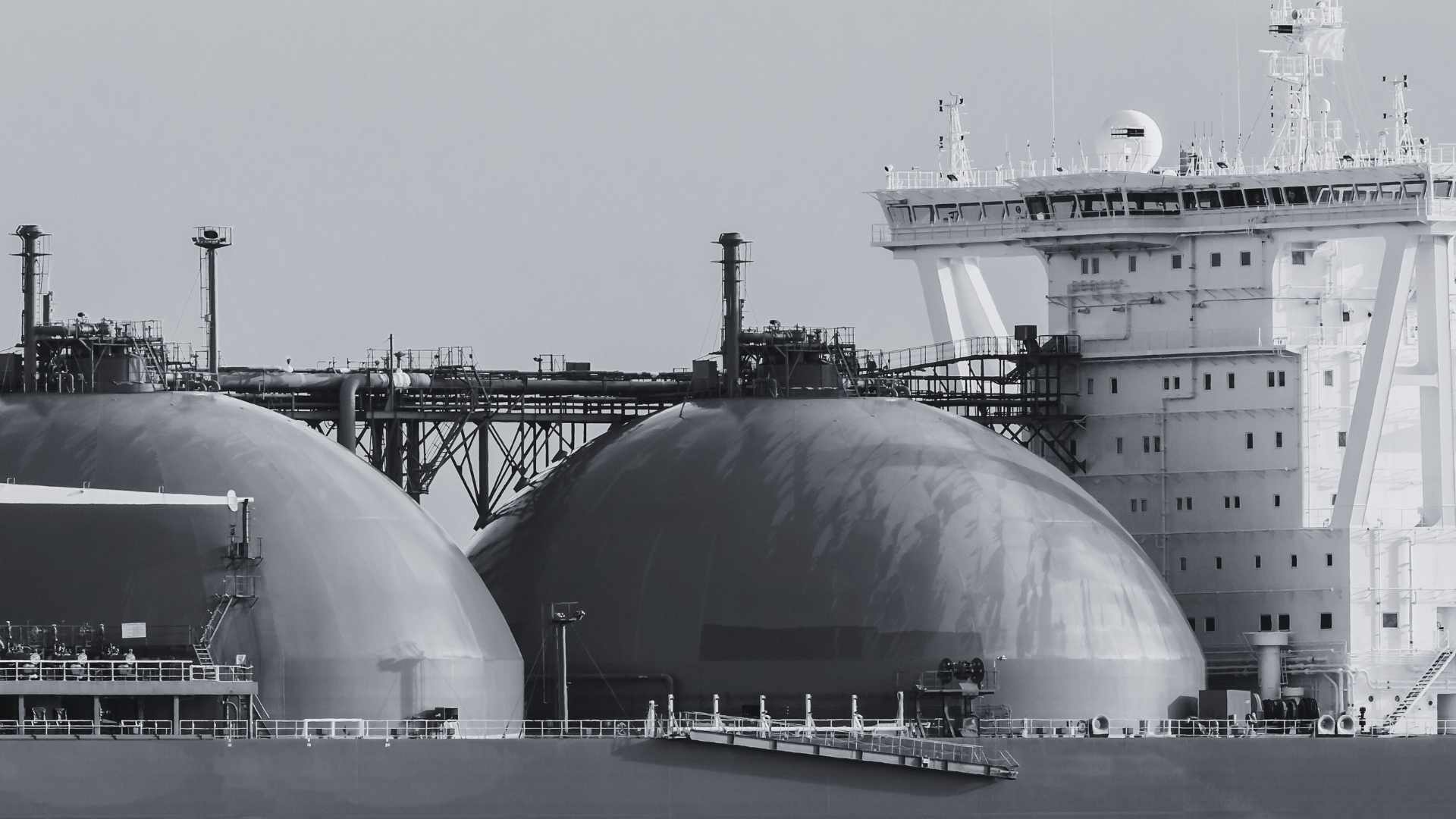
Biden decision signals decline of LNG, increased risk for investors with exposure to fossil fuels
January 26, 2024
Biden decision signals decline of LNG, increased risk for investors with exposure to fossil fuels
Financial watchdog PESP encourages investors to avoid financial risks of their energy investments
Statement from Nichole Heil, climate campaigner and researcher at the Private Equity Stakeholder Project (PESP), on Friday’s Biden administration decision to pause Department of Energy (DOE) approvals of new gas export terminals
LNG export terminal projects put on delay include multiple backed by private equity firms, such as KKR’s Port Arthur LNG in Texas and Kimmeridge’s Commonwealth LNG in Louisiana.
“The Private Equity Stakeholder Project supports the Biden administration’s pause of new gas terminals. Liquified natural gas (LNG) is often lauded as a cleaner alternative to coal or other fossil fuels, but may in fact be worse for the environment and emit more greenhouse gasses than coal due to leakage during the transportation process.
“Today’s decision to delay new terminals is a warning sign for the investment funds with hundreds of millions invested in private equity-backed LNG terminals. PESP has informed institutional investors across the country that their portfolios may see long-term decline if they continue to have heavy financial exposure to fossil fuel assets. Pension funds and other investors need to transition portfolios in order to guarantee the fiduciary success they tout to their members.
“The decision by the Biden administration is another sign that the tide is turning in the country’s energy transition. With delays in issuing DOE permits, many of these proposed LNG terminals may not get built, despite hundreds of millions in pension capital tied up in them. Without a portfolio transition, pension funds and other institutional investors will see increased financial risks as LNG projects become less certain and more risky.
“There is still time for investment funds to transition away from their current LNG exposure. We encourage all investors to seriously consider the financial risks of having their capital tied up in these terminals.”
The future of the LNG industry is fraught with uncertainty. The development of LNG facilities has been found to beincompatiblewith pathways to limit global temperature increase to 1.5 degrees Celsius, and thus poses a financial risk to institutional investors. Recent studies expect global equity returns to decline by 50% by 2060 if financial funds do not align with Paris Agreement goals. Future global demand for LNG is also highly uncertain. The IEA forecast that demand for gas, oil and coal will all peak before 2030, and has noted that demand for gas growth has slowed considerably, leading to concerns about a “glut of LNG.”
Among LNG terminals delayed due to Biden’s decision are private equity-backed projects such as Commonwealth LNG and Port Arthur LNG. Some of the largest investors with investment exposure to these two projects include:
Commonwealth LNG
- Canada Pension Plan (CPP) Investments
- Montana Board of Investments
- San Francisco Employees Retirement System
- San Jose Federated City Employees Retirement System
- San Jose Police and Fire Dept Retirement System
Port Arthur LNG
- Alaska Permanent Fund
- Employees’ Retirement System of the State of Hawaii
- Maine Public Employees Retirement System
- Merced County Employees Retirement System
- Michigan Department of Treasury
- Minnesota State Board of Investment
- New York City Board of Education Retirement System
- New York City Employees’ Retirement System
- New York City Fire Department Pension Fund
- New York City Police Pension Fund
- New York State Common Retirement Fund
- San Antonio Fire and Police Pension Fund
- Santa Barbara County Employees Retirement System
- State of Michigan Retirement Systems
- Teachers’ Retirement System of the City of New York
